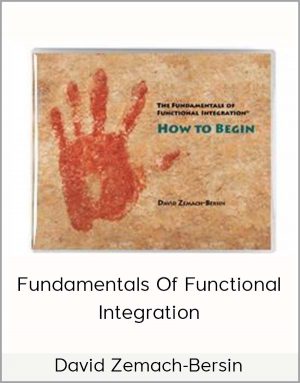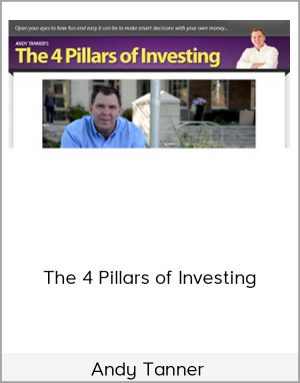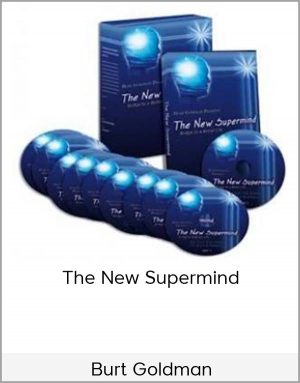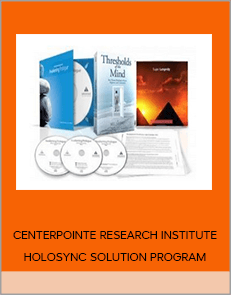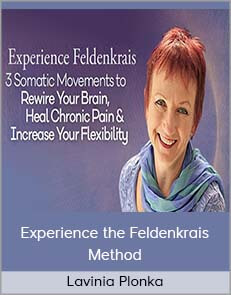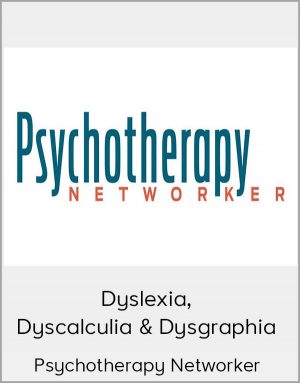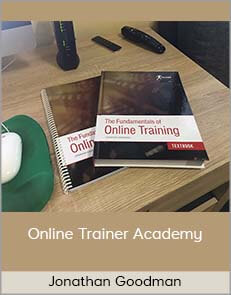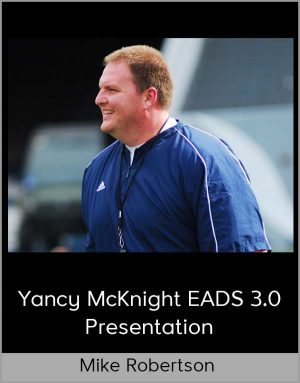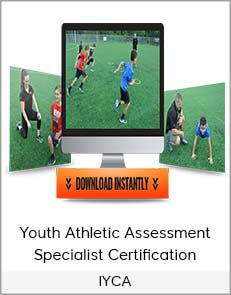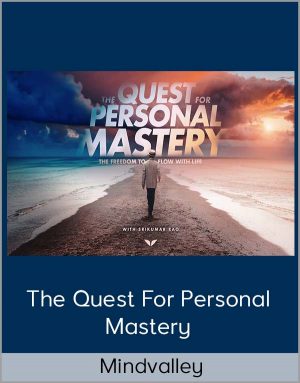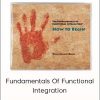David Zemach-Bersin – Fundamentals Of Functional Integration
$15.00$49.00 (-69%)
The program is well organized and offers concrete recommendations that can be directly applied to enhance your insight and skill in the process of beginning a lesson.
David Zemach-Bersin – Fundamentals Of Functional Integration
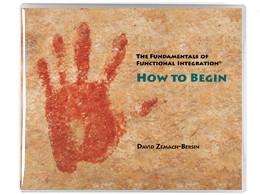
Check it out: David Zemach-Bersin – Fundamentals Of Functional Integration
The Fundamentals of FI: How to Begin (DVD or MP4 Download)
$49.00
Please choose format:
DVD
MP4 Download (Save $5)
with David Zemach Bersin
Feldenkrais Resources is excited to present this professional DVD program for Feldenkrais practitioners, aimed towards the process of starting a Functional Integration lesson. The author, David Zemach-Bersin is one of Moshe FeldenkraisÕ first North American students. He has had a continuous Functional Integration practice for almost 40 years, working successfully with a wide range of clients from world-class performers to people with seemingly intractable physical difficulties.
The program is well organized and offers concrete recommendations that can be directly applied to enhance your insight and skill in the process of beginning a lesson.
The Fundamentals of Functional Integration¨ How to Begin
PART I: THE ART AND SCIENCE OF OBSERVING
APPLYING THE SCIENTIFIC METHOD IN FUNCTIONAL INTEGRATION
Dr. Feldenkrais said that in Functional Integration, ÒI am always alternating between thinking inductively and deductivelyÓ. David observed Dr. Feldenkrais applying this approach in his private practice in Tel-Aviv and has used it in his own work with thousands of students. In this presentation, David conveys precisely how to use both inductive and deductive reasoning in relationship to the art of kinesthetic inquiry. You will discover how to develop yourself as a neutral measuring instrument and the importance of an empty mind in Functional Integration.
Foundational Functional Integration concepts and strategies included in the course include:
How to reliably produce a difference which the person will be able to clearly sense.
How to develop and utilize an empty mind to perceive each momentÕs emergent truth or potential functional connection.
How to use new information to create new options for action.
The importance of actively invalidating our most basic assumptions about a person.
How to test your inferences in FI and to feel the student’s biases in multiple planes of action.
How to not contradict your student’s nervous system.
How to create a lesson in which the student will not feel their disorganization.
How to utilize your student’s embedded patterns in order to find their most elegant sense of self.
The relationship between a personÕs bias and their symptoms.
PART II: BEGINNING AT THE BEGINNING: THE INTERVIEW
The Second Functional Integration ‘fundamental’ focuses on the Functional Integration Interview, which is distinctly different from all other clinical interview processes. The interview is itself, the beginning of the Functional Integration lesson. In this presentation, you will learn how to be a Feldenkrais detective; curious to follow any clue to find the underlying roots of a personÕs complaint. You will learn how to bear witness to the individual and not to a person with a pathology. David deconstructs his approach to the interview with such clarity and specificity that you will immediately be able to begin using the concrete tools that he offers and become a more effective Feldenkrais Practitioner.
You will learn:
How the categorical and linguistic distinctions made during an interview are the first opportunities to create a context for healing and improvement.
How the interview is a model for what we teach. With our quality of attention, interest, and functional orientation, the specificity of our questions, poise, breath, doubt, openness, curiosity, and optimism, we are already teaching.
How in F. I., inquiry and treatment are the same ie. the process is content as well.
How to ask questions that do not define a person by his/her pathology or problem, but rather by their deep resources for health.
How to use the interview to obtain a complete natural history.
How to use language to access positive thoughts, ie., how to create an environment in which the person can see himself/herself as having untapped resources for optimum functioning.
Lessons and Chapters
PART I: THE ART AND SCIENCE OF OBSERVING
How to Begin a Functional Integration Lesson: The Art of Invalidation. Talk and Lab 1
Widening Our Perceptions. Talk, Demonstration and Lab 2
Further Refinement Through Invalidation: Observation in Turning. Demonstation and Lab 3
How to be an Effective Measuring Instrument. Talk, Demonstration and Lab 4

